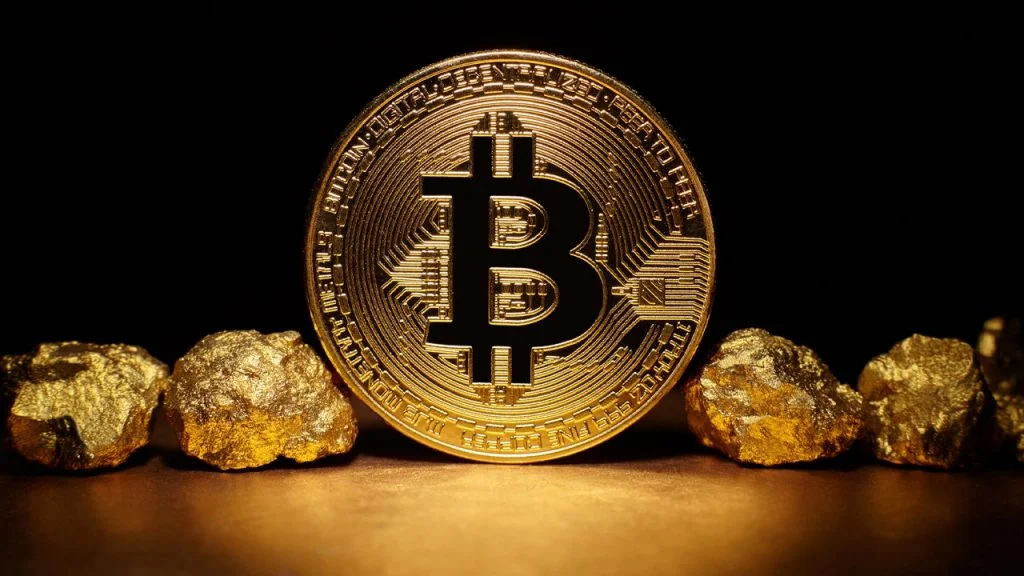The Bank of Russia’s first deputy governor has also expressed his concerns about Bitcoin and the ordinary investor’s aim to get enormous profit from it without minding the risks involved.

The Russian central bank has repeated its negative attitude on Bitcoin (BTC), equating the cryptocurrency to a pyramid scheme, according to one of the bank’s top executives.
In a Wednesday interview, Sergey Shvetsov, the Bank of Russia’s first deputy governor, underlined the authority’s concerns regarding cryptocurrency investing, warning about the perceived risk of investor losses.
Local investors, according to Shvetsov, are increasingly pouring money into alternative financial instruments, which he refers to as “technology financial pyramids,” with Bitcoin being one among them.
Despite the “great” risk of losing all their money, he claims that many ordinary investors expect enormous profits from cryptocurrency investments, selling their real estate holdings or taking out loans to invest in Bitcoin.
“When a person buys Bitcoin, he walks into a minefield with no one to rely on but himself, and no one can protect him,” Shvetsov argued. The Russian government bears no responsibility for bitcoin investors’ losses, according to the executive:
“There is no need to walk where you are not protected by the Russian Federation, where your money would be simply taken away, and you will not be able to do anything about it.”
Shvetsov has previously made similar comments regarding the cryptocurrency business, declaring that the Bank of Russia does not consider cryptocurrency transactions as investments and urging the government and financial intermediaries to discourage Russians from purchasing cryptocurrencies last year.
The Bank of Russia has also prohibited local banks from offering cryptocurrency services, as previously reported.
However, cryptocurrency investment has grown in popularity in Russia. According to a World Gold Council survey, cryptocurrency was the fifth most popular investment option in Russia last year, behind savings accounts, foreign currencies, real estate, and life insurance, and was slightly more popular than gold investment.
